Why the Simplified Trade Regime Matters for DRC Border Communities
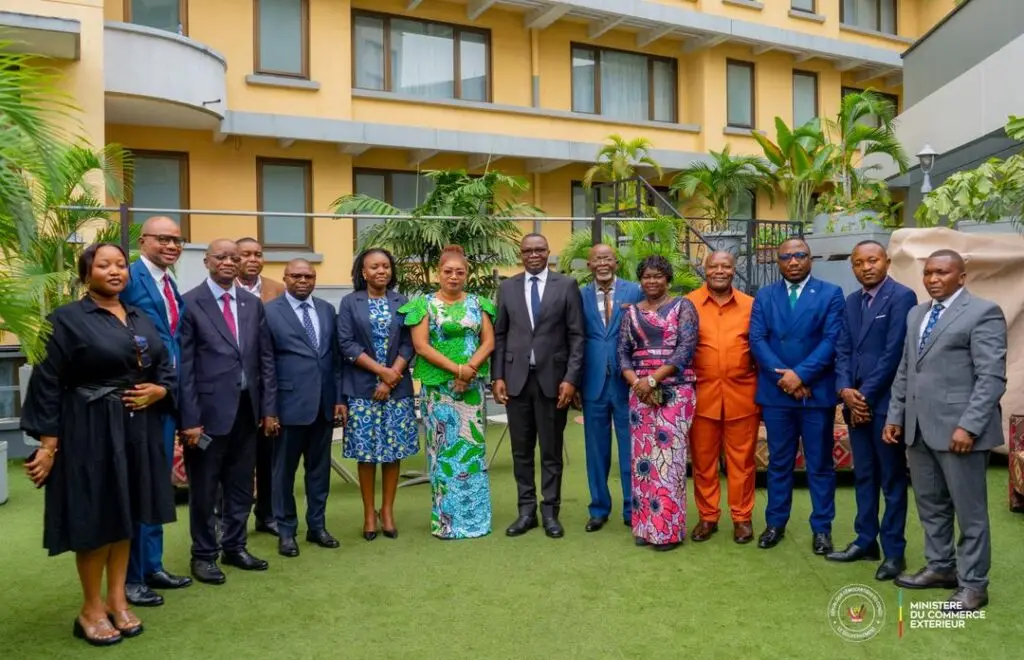
In Kinshasa, Democratic Republic of Congo, the minister of foreign trade, H.E. Julien Paluku Kahongya, opened a workshop on the Simplified Trade Regime, known locally as RECOS, on 11 December 2025. The two-day forum brought together provincial trade ministers, border agencies and small-scale traders to assess whether border procedures serve the people who rely on […]
Zambia and Malawi live customs data exchange to speed up trade and strengthen compliance
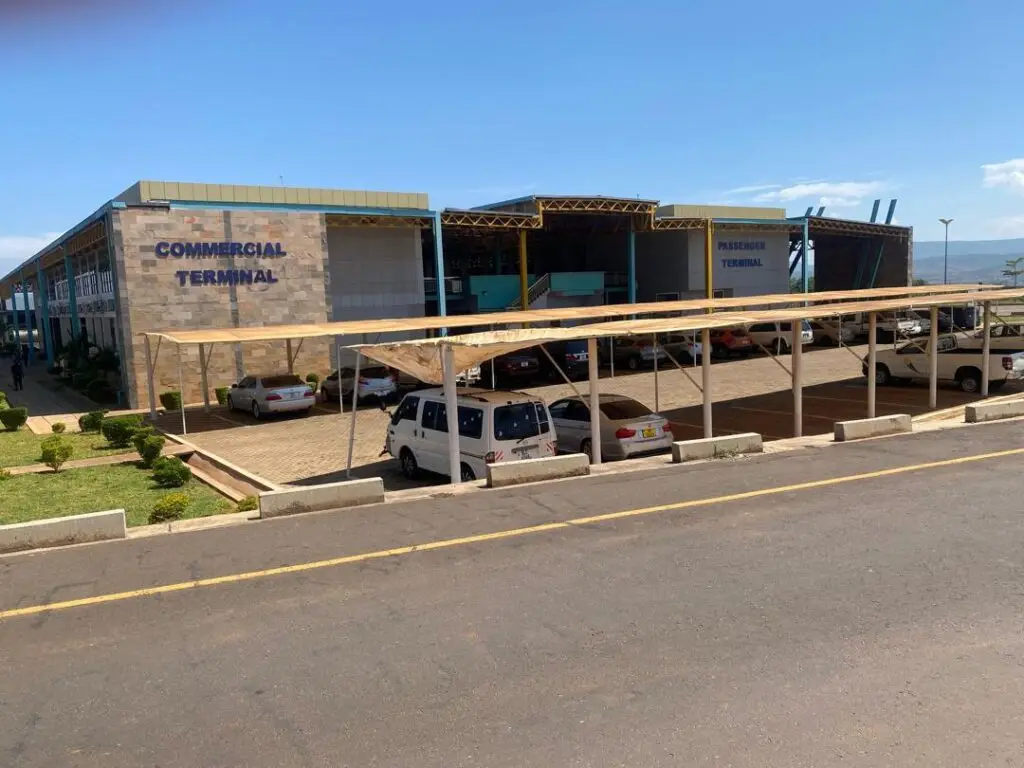
A move by the Zambia Revenue Authority and the Malawi Revenue Authority, last month, to activate live customs-to-customs data exchange marked a significant step in how the two countries manage cross-border trade, compliance and revenue protection. The rollout of the enhanced Customs-to-Customs Electronic Data Exchange (CCEDE) at the Mwami–Mchinji One Stop Border Post in November […]
Comment les papillons de nuit ont failli perturber un million de moyens de subsistance

Par Andrew Edewa Le secteur floral d’Afrique de l’Est a été confronté à une menace inattendue au début de l’année 2025. Le faux carpocapse, un minuscule insecte, a déclenché une action réglementaire radicale de la part de l’Union européenne, mettant en péril des milliards de dollars d’exportations et près d’un million d’emplois. Pour les principaux […]
How moths nearly disrupted a million livelihoods

By Andrew Edewa In early 2025, East Africa’s flower industry faced an unexpected threat. The False Codling Moth, a tiny larva, triggered sweeping regulatory action by the European Union, placing billions of dollars in exports and close to a million jobs at risk. For leading producers such as Kenya, Ethiopia and Rwanda, the response had […]
Trade, transport, climate and the people: stakeholders call for fair green transition to protect export livelihoods
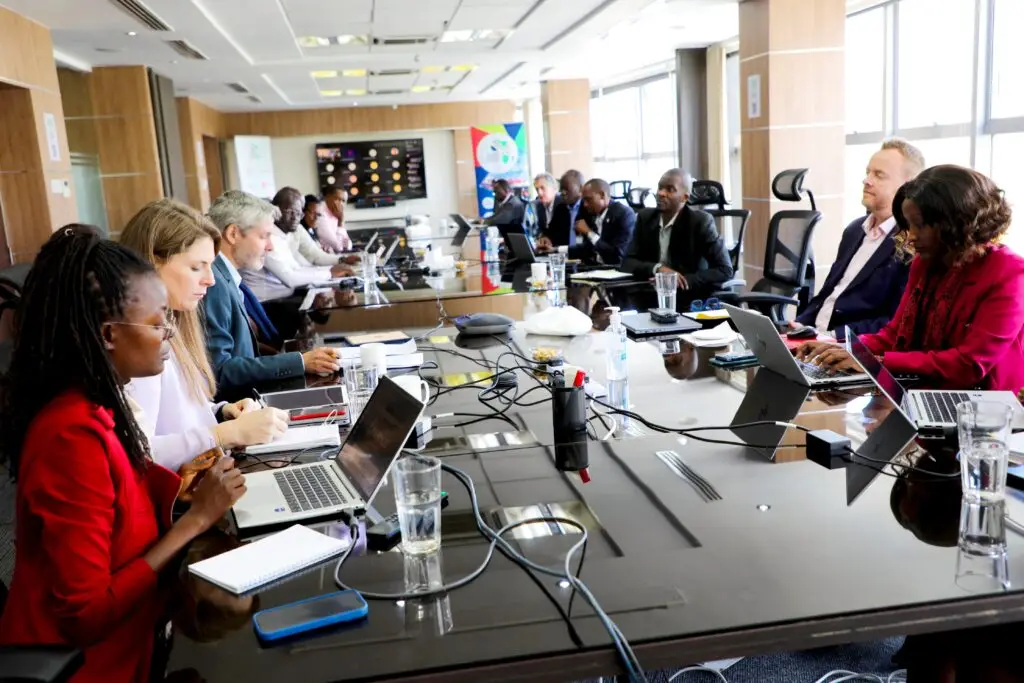
Summary As global net-zero policies accelerate, Africa’s agrifood exporters face a critical crossroads: how can climate action be ambitious yet equitable? A green trade roundtable convened by ODI Global, TradeMark Africa and the Fairmiles Consortium in Nairobi on 8 December 2025, brought together airlines, exporters, logistics experts, researchers and development partners to tackle this urgent […]
New study exposes the hidden costs of NTBs, and offers region’s first data-driven fix

A new study, developed with TradeMark Africa support, has laid bare the true cost of non-tariff barriers (NTBs) in East Africa, revealing how seemingly routine checks, bans and administrative hurdles quietly drain billions from regional trade each year. The report, Developing Models for Estimating the Impacts of NTBs in the EAC Region, introduces the first […]
Baraza La Biashara
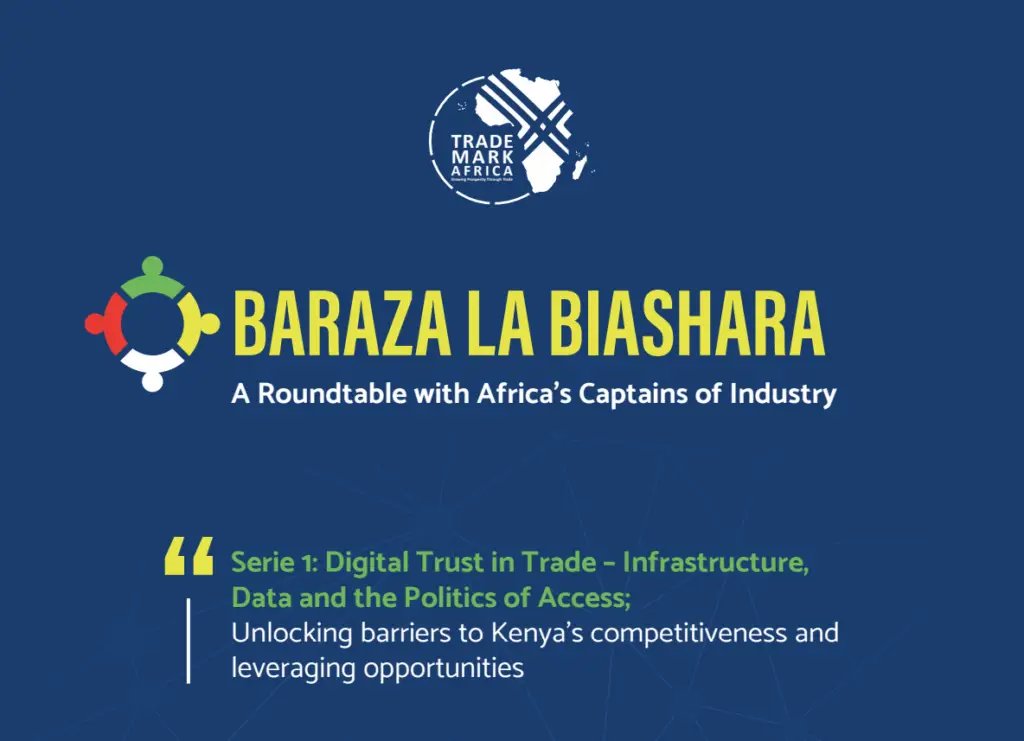
Click here to download the Concept Note Baraza La Biashara
Africa Learning from Africa: ECOWAS Peer Learning Mission to the EAC Reveals Regional Integration in Practice
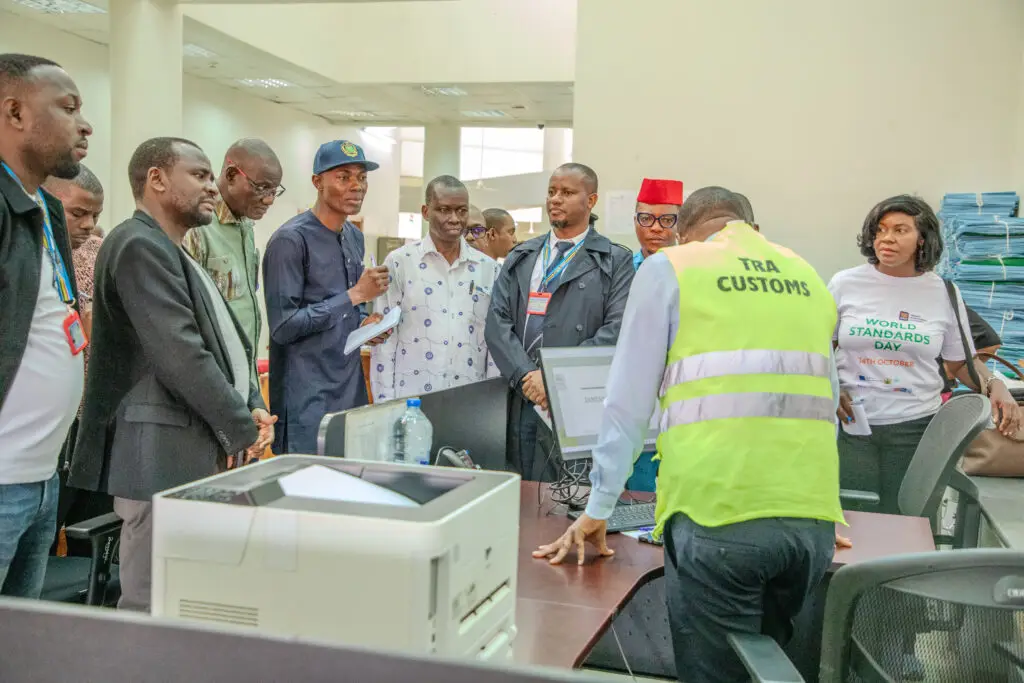
On October 13 to 17, 2025, a delegation from the Economic Community of West African States (ECOWAS) crossed into East Africa with a simple but powerful mission – to learn. What they found, from Arusha to Namanga, and from Malaba to Busia, was both evidence of successful trade facilitation, and a living example of regional […]
Kenya Strengthens Traceability to Meet Deforestation-Free Market Standards
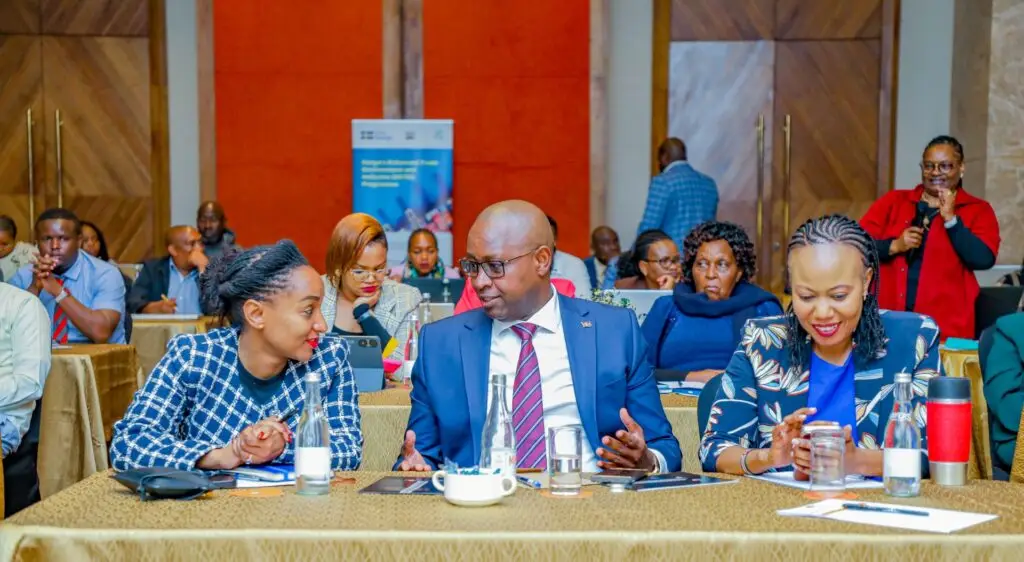
Across Kenya’s coffee highlands, new patterns are emerging, led by both the producers and the Government of Kenya. Farmers are being mapped, plots recorded, and digital systems are quietly reshaping how coffee moves from farm to market. Each data point represents progress toward new ways of implementing agricultural trade, the move to verifiable, deforestation-free exports. […]
Compliance Opens Doors, Diversification Keeps Them Open
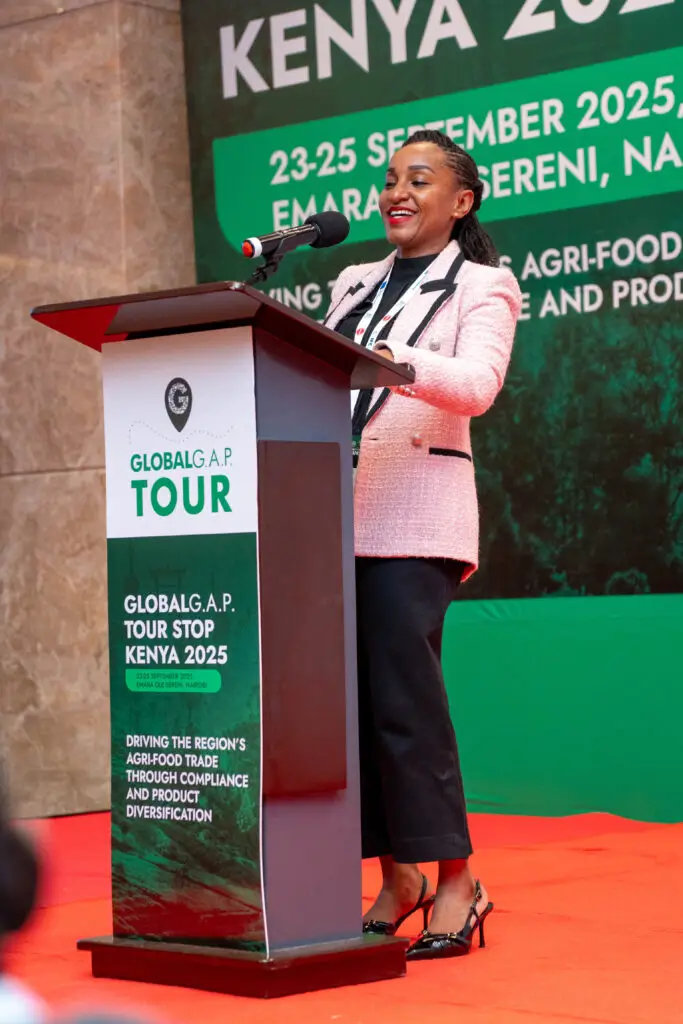
At the GLOBALG.A.P. Tourstop 2025 held in Nairobi, Kenya, the message was clear: compliance is the passport to global markets. Kenya’s agricultural exports remain a cornerstone of its economy. Horticulture contributes billions in foreign exchange earnings, creates jobs across farming, logistics and processing, and anchors the livelihoods of 6.5 million people. The sector’s success has […]

